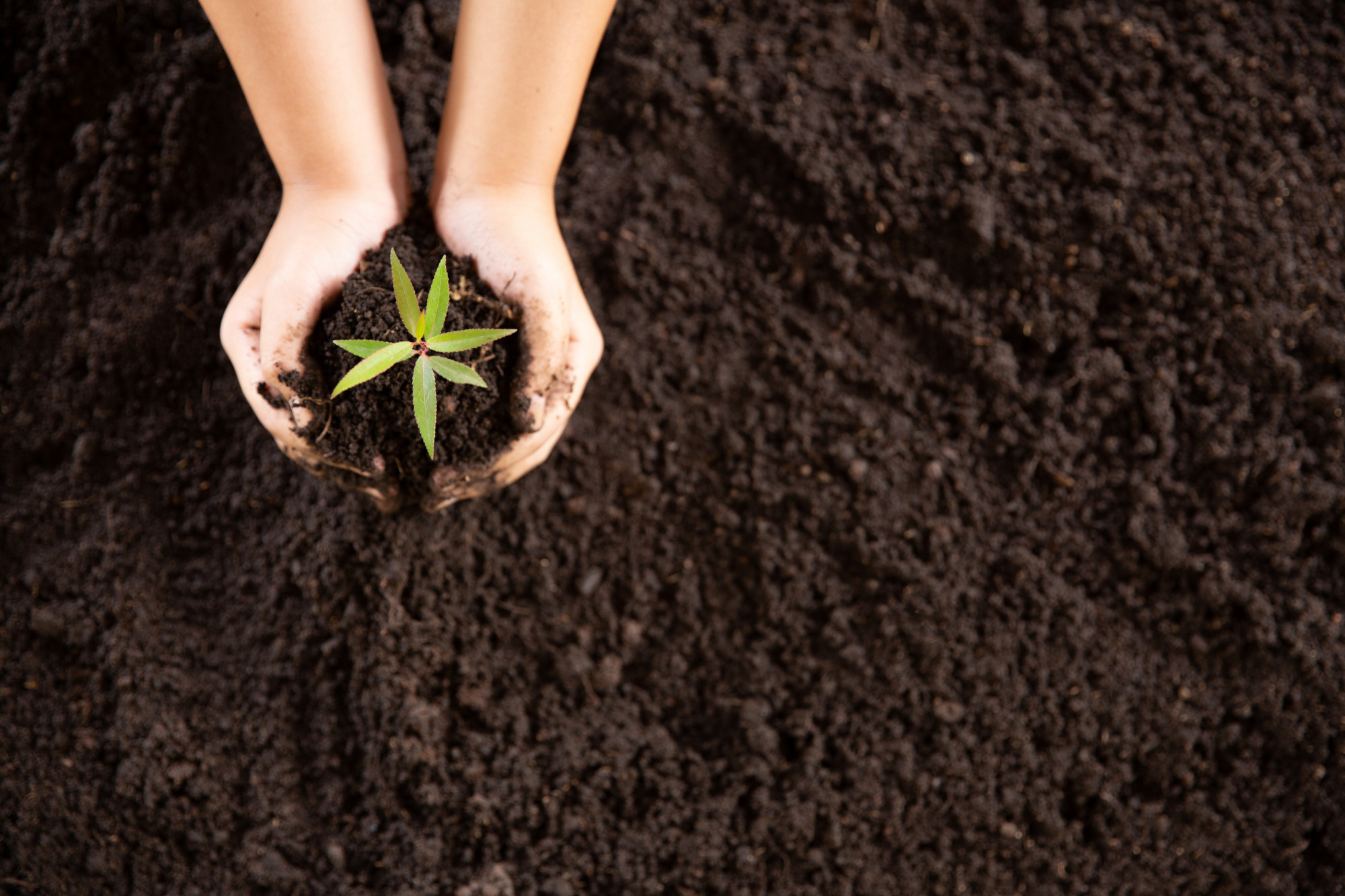
The WATERAGRI project aspires to include perspectives that go beyond the one of involved scientists and are dedicated to mutual learning between science and society. Except scientific impact, two societal goals are crucial for the project:
Develop, produce and market locally adapted solutions that improve nutrient and water retention
“We need to find ways of storing rain- and groundwater. In March it was so wet the farmers could not enter the fields with their machines. One month later and they will complain about the drought and lack of rain.”
Stakeholder
Inform and influence local, national or supranational policies in relation to nutrient and water management in (European) agriculture.
Irrigation is not popular because water uptake for irrigation needs permits required by Water Low Act. In many cases, water availability is insufficient and would require building retention ponds.”
Stakeholder
In accordance with the WATERAGRI objectives, the project seeks to identify stakeholders that are relevant to either of these goals and can influence product design and policy recommendations as well as maximize scientific impact through the exploitation of the project solutions. Stakeholder engagement is critical for the success of the project as stakeholders are people, entities or organizations that are affected or affect the project. Stakeholders often have a deep understanding of the relevant process and how things work in practice and can provide valuable insights and advice for the project solutions’ design and policies. The main stakeholder groups that we seek to attract are researchers, farmers, decision-makers, advisory services and the general public.
“Some solutions are applicable only at irrigation district level (collective management) or will not offer economic benefits justifying the investments and operational costs”
Stakeholder
Our distinctive vision for engaged research is governed by the principle of co-design: researchers and further stakeholders will work together to generate knowledge to achieve the overarching goals. Therefore, WATERAGRI aims:
To engage effectively with farming communities and related stakeholders to improve their understanding and identify their needs and concerns
To ensure post-project engagement of stakeholders, extending the project life.
To ensure continuous engagement of stakeholders throughout the project and obtain feedback on the products, methods, metrics and tools developed
“To solve the problem of water quality, we prefer preventive actions rather than curative actions“
Stakeholder